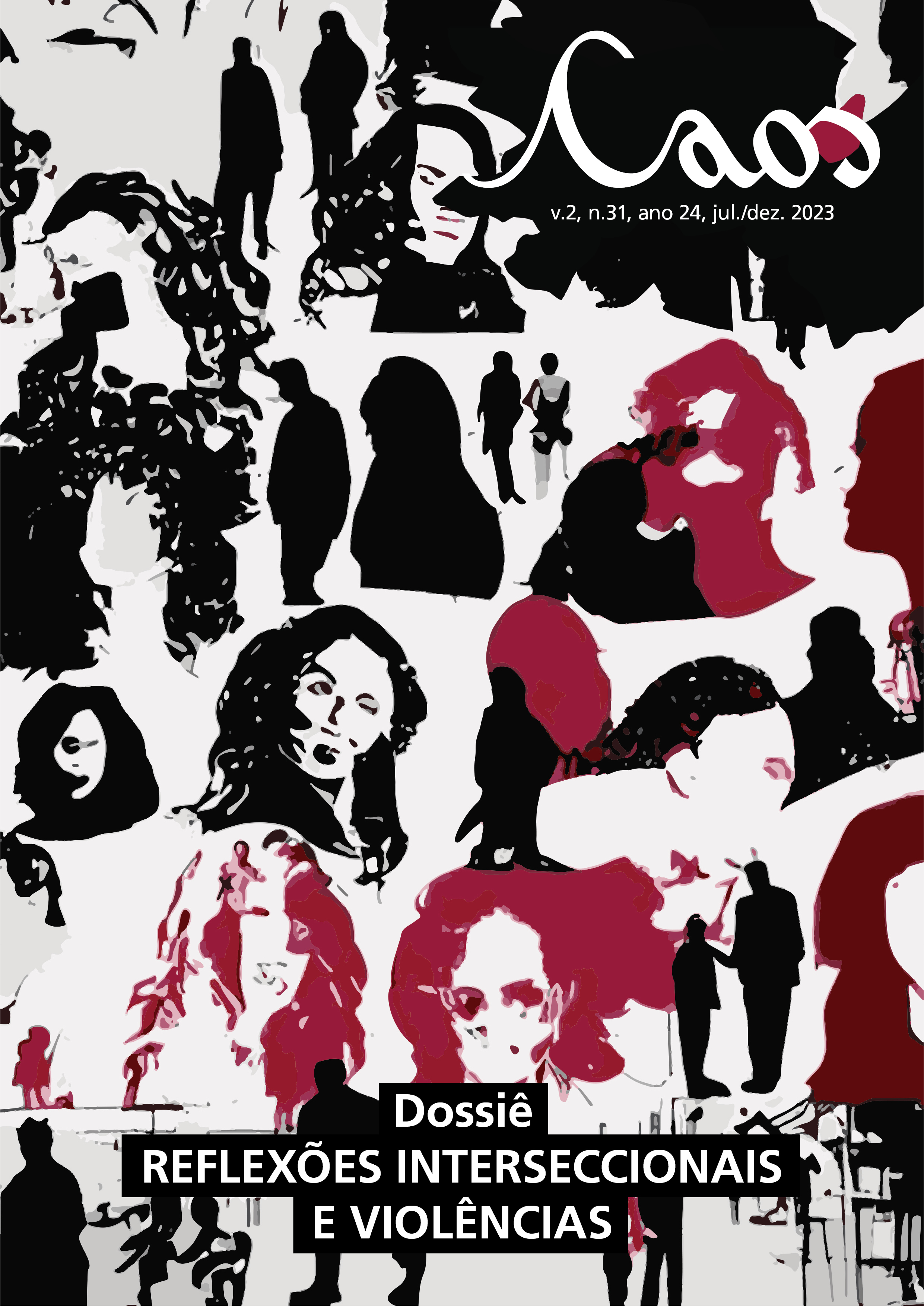“YOUR WAY OF DOING RESEARCH IS DIFFERENT”: a social scientist at the hospital researching death
DOI:
https://doi.org/10.46906/caos.n31.67397.p206-229Keywords:
social sciences, health, hospital, methodology.Abstract
ABSTRACT
In this work, I will discuss the methodological approaches that were followed in carrying out the research of my dissertation [SUPPRESSED INFORMATION] in the hospital space of Hospital Napoleão Laureano (HNL), a reference in the treatment of people with cancer in the State of Paraíba. This is a qualitative research, which was supported by participant observation from the perspective of “hospital ethnography”. In this way, this article aims to describe the challenges in the field and the ethical issues that permeated the investigation, collaborates in the understanding of the challenges that I went through in the construction of the dissertation. Thus, I follow the guidelines of Gerald Berreman (1975), among other authors who highlight the importance of describing the difficulties encountered by the researcher at the time of his/her insertion in the research scope as a way of allowing to situate the context and the possibilities of carrying out research. each ethnographic study. Finally, I describe the events that allowed me to get closer to the hospital, I present the research processes and the social agents researched
ABSTRACT
In this work, I will discuss the methodological approaches that were followed in carrying out the research of my dissertation [SUPPRESSED INFORMATION] in the hospital space of Hospital Napoleão Laureano (HNL), a reference in the treatment of people with cancer in the State of Paraíba. This is a qualitative research, which was supported by participant observation from the perspective of “hospital ethnography”. In this way, this article aims to describe the challenges in the field and the ethical issues that permeated the investigation, collaborates in the understanding of the challenges that I went through in the construction of the dissertation. Thus, I follow the guidelines of Gerald Berreman (1975), among other authors who highlight the importance of describing the difficulties encountered by the researcher at the time of his/her insertion in the research scope as a way of allowing to situate the context and the possibilities of carrying out research. each ethnographic study. Finally, I describe the events that allowed me to get closer to the hospital, I present the research processes and the social agents researchedIn this work, I will discuss the methodological approaches that were followed in carrying out the research for my dissertation entitled "Working with death is not to stop thinking about it": an anthropological study on the practices of health professionals at the Napoleão Laureano hospital with cancer patients in palliative care (SILVA, 2021). The Napoleão Laureano Hospital (HNL) is a reference in the treatment of people with cancer in the State of Paraíba. This is a qualitative research that was based on participant observation from the perspective of hospital ethnography. Thus, this article aims to describe the challenges encountered in the field and the ethical issues that permeated the investigation, contributing to the understanding of the obstacles faced in the construction of the dissertation. Thus, I follow the guidelines of Gerald Berreman (1975), among other authors, who highlight the importance of describing the difficulties encountered by the researcher at the time of his insertion into the research field as a way to situate the context and possibilities of conducting each ethnographic study. In conclusion I describe the events that facilitated my engagement with the hospital, present the research processes, and introduce the social actors studied.
Downloads
Metrics
Published
Issue
Section
License
Copyright (c) 2023 WEVERSON BEZERRA SILVA SILVA

This work is licensed under a Creative Commons Attribution-NonCommercial 4.0 International License.
A Caos é regida por uma Licença da Creative Commons (CC): CC BY-NC 4.0, aplicada a revistas eletrônicas, com a qual os autores declaram concordar ao fazer a submissão. Os autores retêm os direitos autorais e os de publicação completos.
Segundo essa licença, os autores são os detentores dos direitos autorais (copyright) de seus textos, e concedem direitos de uso para outros, podendo qualquer usuário copiar e redistribuir o material em qualquer suporte ou formato, remixar, transformar e criar a partir do material, ou usá-lo de qualquer outro propósito lícito, observando os seguintes termos: (a) atribuição – o usuário deve atribuir o devido crédito, fornecer um link para a licença, e indicar se foram feitas alterações. Os usos podem ocorrer de qualquer forma razoável, mas não de uma forma que sugira haver o apoio ou aprovação do licenciante; (b) NãoComercial – o material não pode ser usado para fins comerciais; (c) sem restrições adicionais – os usuários não podem aplicar termos jurídicos ou medidas de caráter tecnológico que restrinjam legalmente outros de fazerem algo que a licença permita.
Recomendamos aos autores que, antes de submeterem os manuscritos, acessem os termos completos da licença (clique aqui).
















